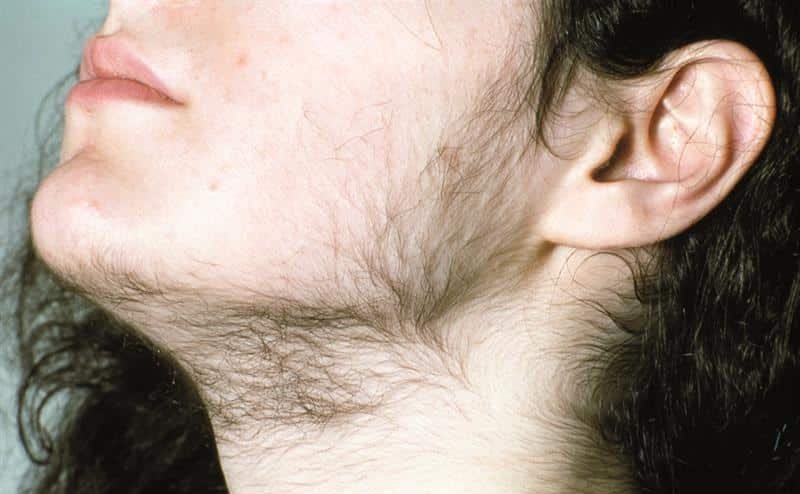What is PCOS? Polycystic ovarian syndrome, also known as PCOS, is women’s most prevalent hormonal condition. Globally, it affects 8-13% of women, or around one in ten, from the start of their periods until menopause. If you have PCOS, you are more likely to experience irregular periods, difficulty in conceiving, acne, excessive hair growth, and weight gain.
With PCOS, many tiny sacs of fluid form around the ovary’s outer border. Medically, these are called cysts. Immature eggs are trapped in these little fluid-filled cysts called follicles. Due to PCOS, ovarian follicles cannot release eggs regularly, affecting women’s general reproductive health.
This article will explain PCOS, its symptoms, risk factors, and causes. Read more to learn how you can effectively deal with this condition.
PCOS Symptoms
Hormones are the chemical messengers of the body. Insulin and androgens (male-type hormones) are generated more significantly in women with PCOS. Although
PCOS symptoms differ from woman to woman and may vary through time, such imbalance can cause adverse signs and symptoms, which may include the following:
- Irregular periods or no periods
- Face, stomach, and back hair growth
- Hair loss or thinning on the scalp
- Severe acne or pimples
- Weight
- Emotional issues (anxiety, depression, poor body image)
- Difficulty in getting pregnant (impotence)
- Increased risk of developing type 2 diabetes
PCOS-related Health Problems
Weight. Many PCOS patients struggle with weight management. Increased weight can result in increased release of androgens.
Mental health issues. Depression and anxiety symptoms are more common in women with PCOS, although the reason for it is still unclear to experts. However, medical professionals believe that it might be related to both hormonal impacts and dealing with PCOS symptoms.
Fertility problems. Women with PCOS may find it difficult to conceive naturally due to hormonal imbalances, irregular cycles, and excess weight. They may need to seek fertility support. Because the fertility rate declines beyond the age of 35, if you have PCOS, you should plan your family before this age to have time to seek reproductive assistance if necessary.
Other health issues associated with PCOS. PCOS increases the chance of developing several illnesses, including prediabetes, type 2 diabetes, gestational diabetes, abnormal cholesterol and blood fat levels, and cardiovascular diseases like heart attack and stroke. These risks, however, can be decreased by maintaining an active lifestyle, eating a healthy diet, and losing weight.
What Causes PCOS?
Genetics, hormones, and lifestyle factors can cause PCOS. Women with PCOS are 50% more likely to have a mother, aunt, or sister with the condition. According to some studies, PCOS is also more frequent in Asian, Aboriginal, Torres Strait Islander, and African women.
Although the exact cause of PCOS is still unknown, early diagnosis, treatment, and weight loss can lessen the chances of long-term complications such as heart disease and type 2 diabetes

